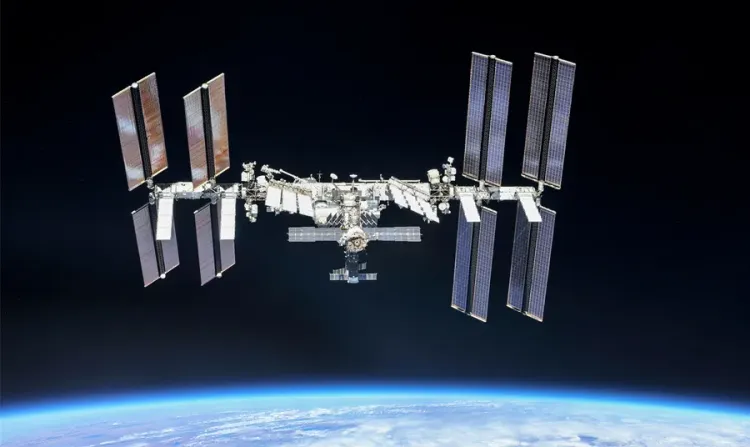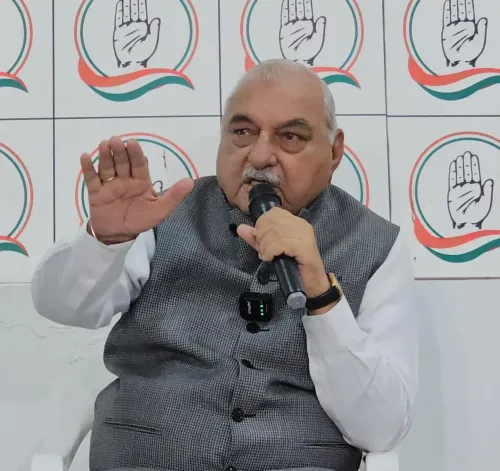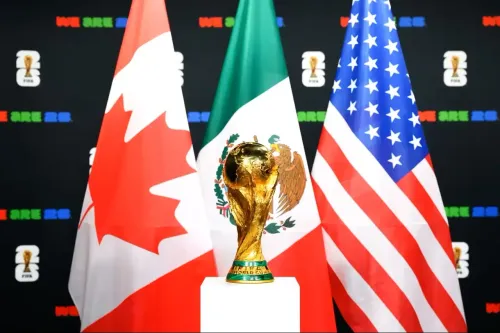Should the International Space Station Be Deorbited Within 2 Years as Elon Musk Suggests?

Synopsis
Key Takeaways
- Elon Musk suggests deorbiting the ISS within two years.
- NASA's current plan is to deorbit in 2031.
- The ISS has been operational since 1998.
- Concerns about the ISS's structural integrity have been raised.
- SpaceX has been awarded a contract to develop the USDV.
New Delhi, June 13 (NationPress) Elon Musk, CEO of SpaceX, has once again urged for the deorbiting of the International Space Station within the next two years, significantly earlier than the scheduled deorbit in 2031.
NASA intends to deorbit the ISS in 2031, with preparations for the deorbit vehicle set to be finalized by 2028.
The ISS, a collaborative effort between NASA, the Canadian Space Agency, the European Space Agency, the Japan Aerospace Exploration Agency, and Roscosmos, has been in operation since 1998.
Since November 2000, it has continuously hosted crews of astronauts, facilitating research for future deep-space explorations.
Musk has expressed serious concerns regarding the safety of the ISS and its crew.
“There are potentially serious concerns about the long-term safety of the Space Station. Some parts of it are simply getting too old and obviously that risk grows over time,” Musk mentioned in a post on the social media platform X.
“Even though SpaceX earns billions of dollars from transporting astronauts and cargo to the ISS, I nonetheless would like to go on record recommending that it be de-orbited within 2 years,” he continued.
This statement was made in response to Physicist Casey Handmer, a former NASA JPL software system architect, who pointed out “multiple, and increasingly frequent, leaks” on the ISS.
“The ISS's structural integrity is far more marginal than is being publicly discussed. Multiple cracks have been discovered. There is no 'factor of safety' associated with this failure mode. None of the structural pressure vessels are meant to crack. We are not even single fault tolerant on the structural integrity of the station. We could wake up tomorrow and find, with zero warning, that it has failed catastrophically,” Handmer stated.
“Whether that means a leak slow enough to close some hatches, get the crew out or at least into safer parts of the station, is a roll of the dice. It could also depressurize in less than a minute,” he warned.
In the meantime, NASA awarded an $843 million contract to SpaceX in June 2024 to develop the US Deorbit Vehicle (USDV).
This vehicle, based on SpaceX’s Dragon spacecraft, will dock with the ISS and facilitate a controlled deorbit over the South Pacific to reduce risks.
Musk has consistently advocated for Mars as the next target for human space exploration.
In a February post on X, Musk remarked that the ISS “has served its purpose. There is very little incremental utility”. He added, “Let’s go to Mars.”









